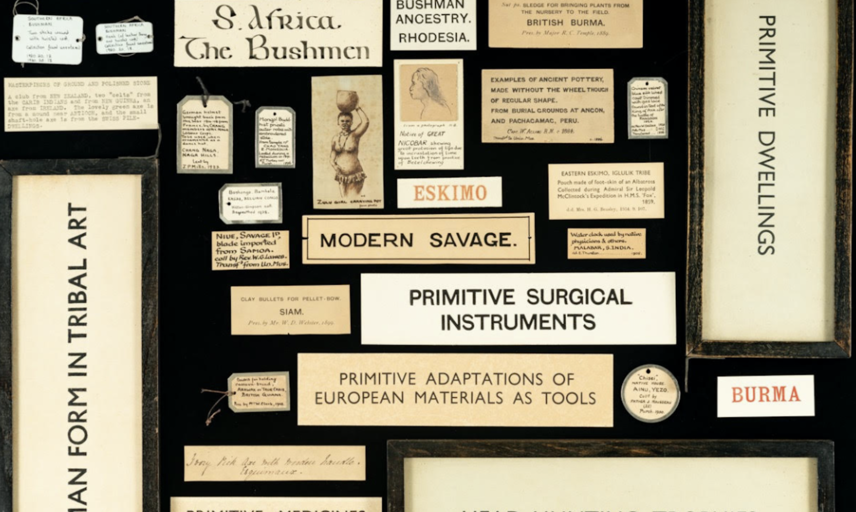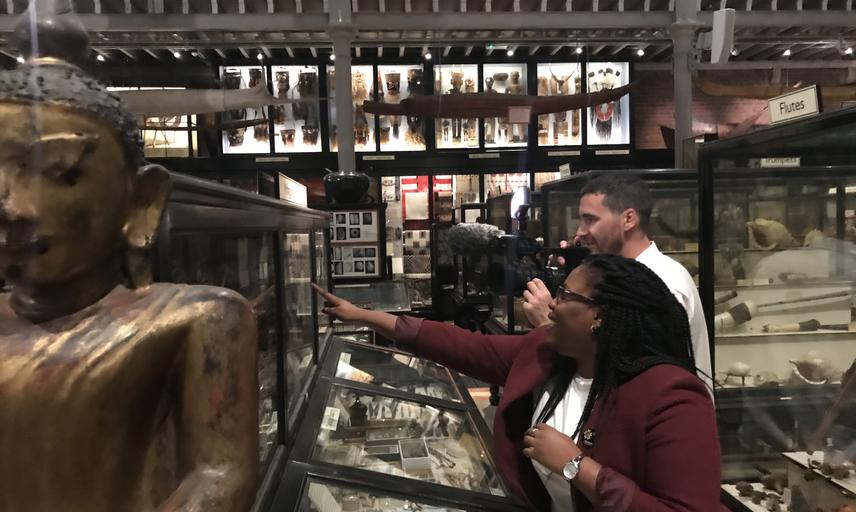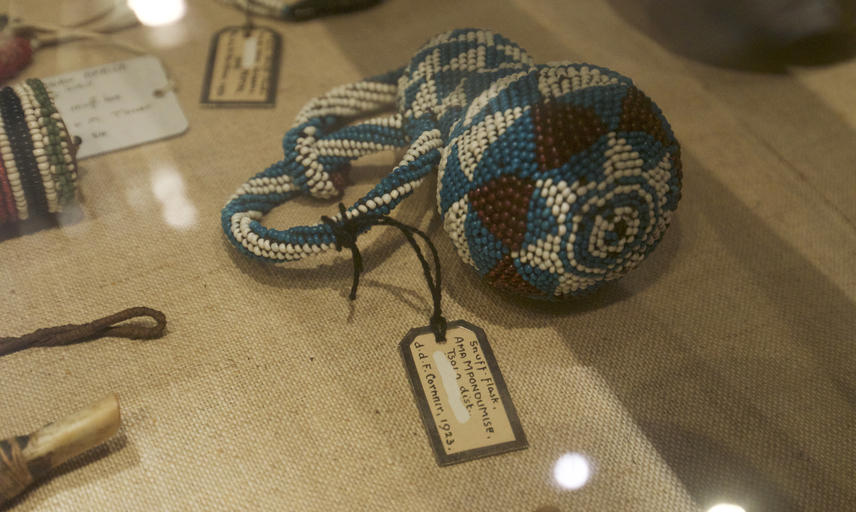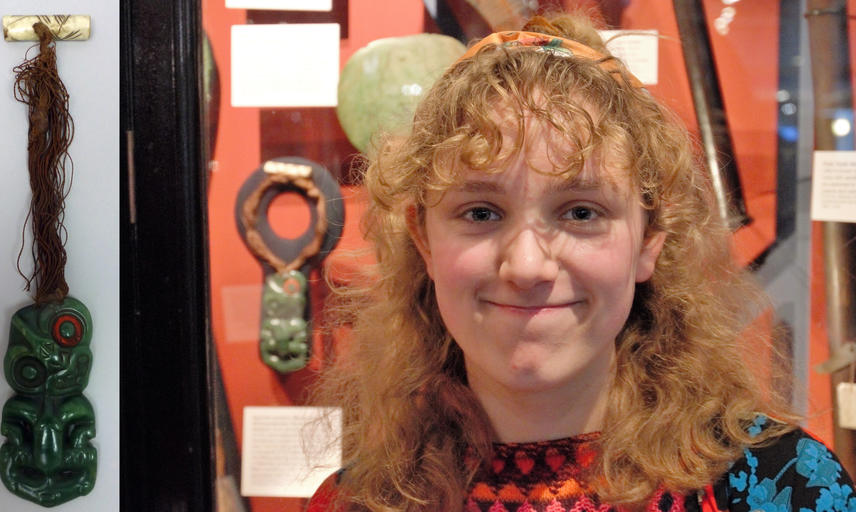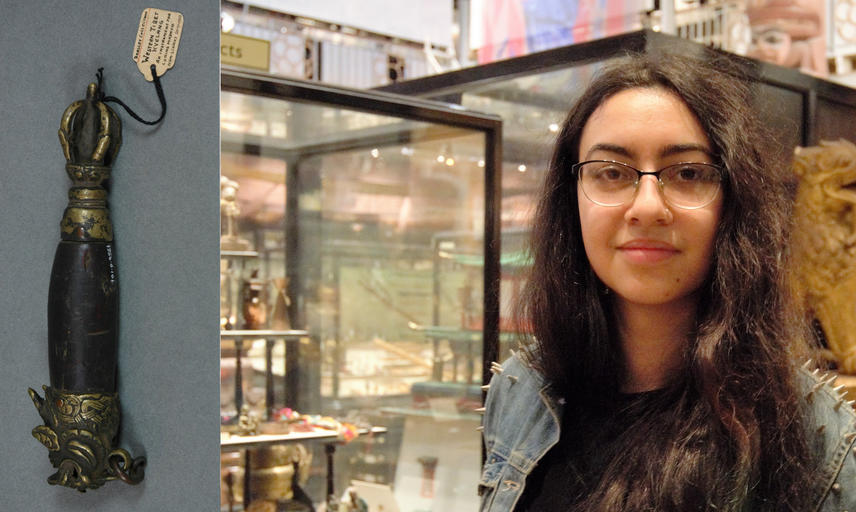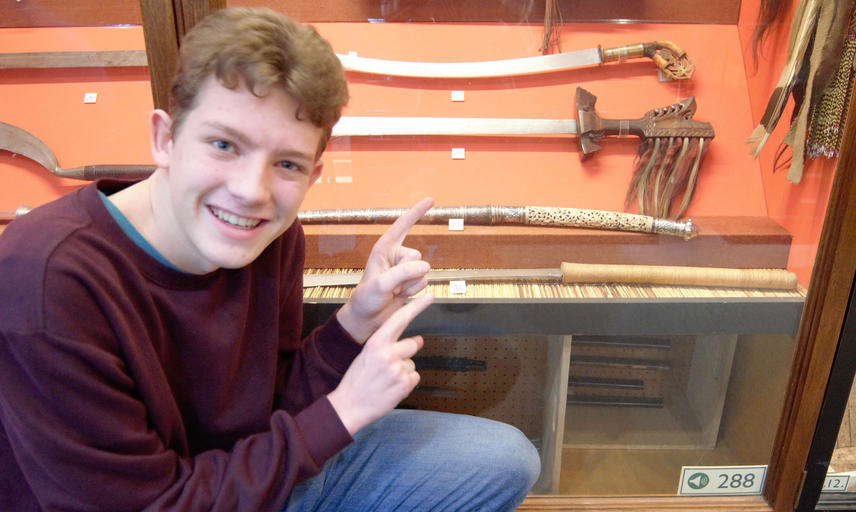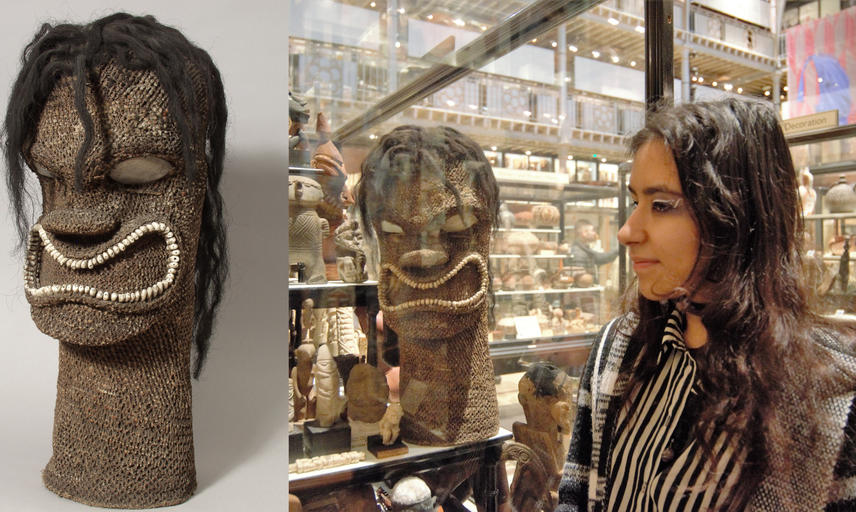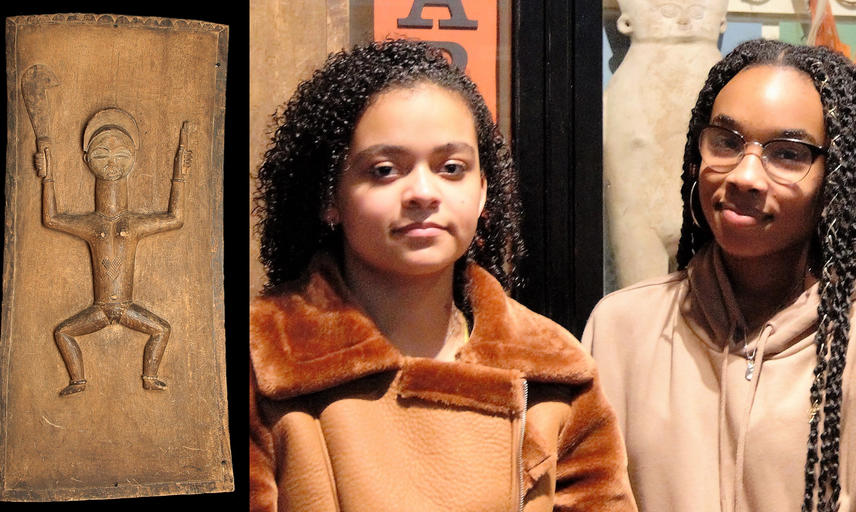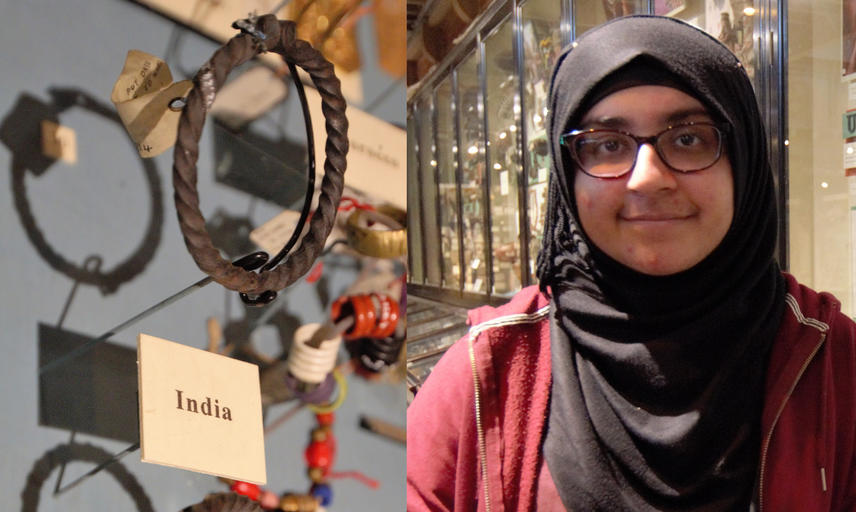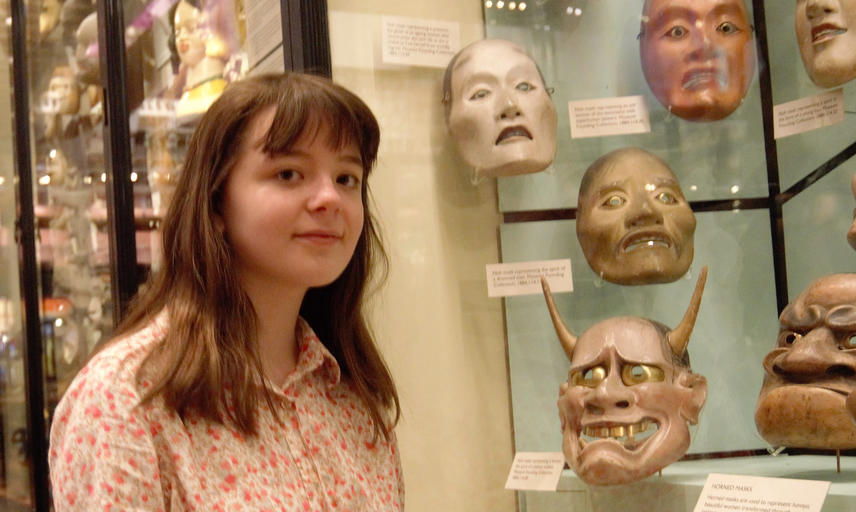Labelling Matters
Principal Investigator: Dr Laura Van Broekhoven
Research Associate: Marenka Thompson-Odlum
As part of the Pitt Rivers Museum’s commitment to rethink the ethics of representations made in the Museum’s galleries and its intention to be a welcoming space to all, Labelling Matters intends to review both visual and textual aspects of the Pitt Rivers Museum's permanent display cases as well as web-based microsites.
The project is part of a long-running programme of work to rethink the Museum’s relevance in the contemporary world. Much of this work has stretched out over several years but has concentrated mainly on developing innovative temporary exhibitions, cutting-edge research practice and experimental event-programming.
These developments however have often not found their way into the permanent galleries and many of our 500,000 annual visitors might not yet have been given the opportunity to engage with this aspect of the Museum’s work. They might even find that the Museum uses language that is outdated, offensive, inappropriate or exclusionary instead of inclusive.
This project aims to identify areas of improvement and to trial ways of changing our public texts where derogatory and other problematic language is used, adapt our interpretation for specific cases that contain overly euphemistic or one-sided (Eurocentric) text labels, and identify other problematic visualisations or texts in web-based channels of communication.
The project also aims to reimagine the definition of labelling and find innovative forms of interpretation to challenge the traditional narratives of our current displays.
Care for objects and people stands central to the Museum’s ambition, as reflected in our current Strategic Plan (.pdf). Against this backdrop, unchanged racialized and derogatory language and narratives found in some of the displays has the potential to undermine the Museum's ambition to be an inclusive and welcoming space.
The intention of the project is not to destroy any of these unfortunate archives, but to in fact activate and mobilise them to address some of the problems that lie at the root of racialised stereotypes and other problematic systemic colonial legacies that linger in the present.
The Pitt Rivers Museum is not the only cultural institution doing this sort of work, nor is it the only place that has to deal with problems of language in its historical displays. We intend to work alongside other museums in the UK and internationally that are in the process of doing similar reviews. However, because of the Museum’s spatial layout and attitude towards learning (being a centre for research and teaching through collections) the Museum faces particular challenges that require unique answers. The project, therefore, aims to find solutions that fit with the Museum’s characteristic nature and its current mission.
“When working with ethnographic collections today, one is always aware of the shadows of colonial categories and the critiques of words (and images) long held by those we try to represent. Indeed, it is not just words that matter: the perspectives or the position from which one writes or displays also matters. In this context, it is important to interrogate our personal and institutional relationships to categories, terminologies and meanings. To whom does language belong? In what ways, can language become more inclusive to those who have been marginalized or excluded within our societies and institutions?” Wayne Modest
The typological arrangement of the Pitt Rivers Museum's displays puts the Museum in a unique position to openly engage with discussions about the echoes and implications of the colonial past that continue to shape perceptions today. But it also enables us to discuss the many ways of knowing, being, and coping of humanity and the incredible power of cultural creativity and vibrancy of makers across the globe.
Each object and display within the Museum has multi-faceted stories to tell. We feel passionately that in the future more voices should be mobilised to tell those stories and to question conventional narratives; reinterpreting the collection both as a powerful repository of memories and as a record of sometimes challenging histories that need to be acknowledged and redressed.
While attempting to correct the inaccuracies and biases of the past, how might curators of museums today deal with this legacy material in ways that teach us about the past and prepare us for a future that respects, values, and collaborates with indigenous communities around the world? These are just some of the questions raised as part of the project's collaboration with Dr Sarah Ogilvie at Oxford's Dictionary Lab, part of the University of Oxford's Faculty of Linguistics, Philology & Phonetics. This collaboration will lead to a permanent display in the Museum, with a rotating investigation into various problematic terminology.
Project podcasts in collaboration with Oxford Spires Academy (OSA)
The collaboration with OSA was made possible with generous funding by TORCH Heritage Seed Fund and in association with Chrome Media. Podcast music by Blake Morton, artwork by Dora Thompson.
Matters of Policy podcasts
Join Bessie Woodhouse, Alexis Forer, Jip Borm and Megan Mahon as they take a deep dive into the Pitt Rivers Museum’s Collections Development Policy, interrogating the language used and debating the relationship between practice and policy in the contemporary museum. Through engaging discussions with professionals across the globe, from community artists to academics, the team uncover the colonial power imbalances within the policy and look for possible pathways forward through the application of decolonial practice.
Funded by the Knowledge Exchange. Special thanks to Marenka Thompson-Odlum for her supervisory role, and to Jack Fawcett for making the original music.
The Collections Development Policy can be found here.
